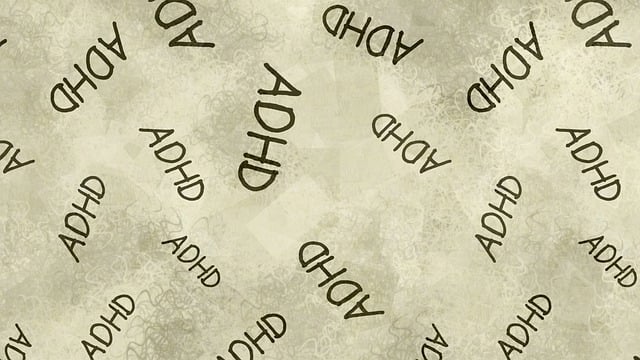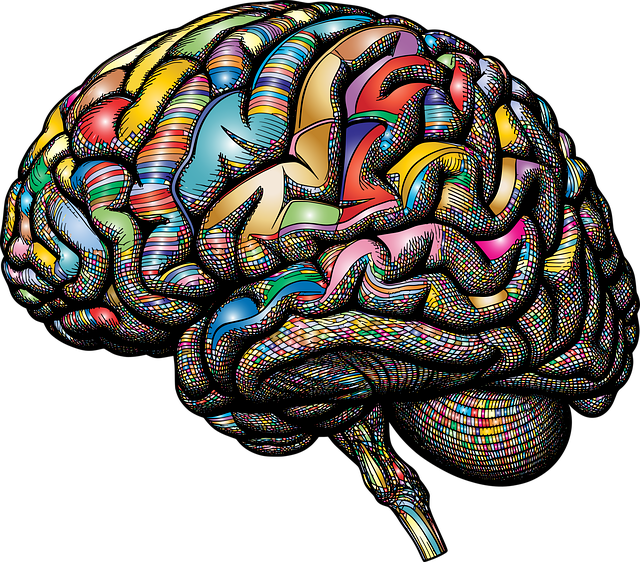Litleton Gender Identity Therapy creates safe, supportive environments through mental wellness groups that empower individuals with self-care tools, resilience, and community. Facilitators guide complex emotional journeys, foster open dialogue, and employ techniques like active listening for inclusive communication. Cultural sensitivity training and journaling exercises enhance emotional intelligence while public awareness campaigns amplify diverse voices. Success is measured through pre/post surveys, participant feedback, and continuous improvement to optimize mental health outcomes.
Mental wellness group facilitation plays a pivotal role in fostering collective healing and support. This article explores essential techniques for facilitators, focusing on creating safe spaces within the context of Littleton Gender Identity Therapy (LGIT). We’ll delve into understanding group dynamics, effective communication strategies, promoting inclusivity, and measuring success through evaluation. By examining these key aspects, we aim to enhance the impact of group facilitation, benefiting individuals navigating complex mental health journeys.
- Understanding Mental Wellness Groups: Creating a Safe Space
- The Role of a Facilitator in Littleton Gender Identity Therapy
- Effective Communication Strategies for Group Interactions
- Techniques to Foster Inclusivity and Support Diverse Identities
- Measuring Success: Evaluating the Impact of Group Facilation
Understanding Mental Wellness Groups: Creating a Safe Space

Mental wellness groups offer a unique and powerful environment where individuals with shared experiences or challenges can come together to support one another. These groups provide a safe space for members to openly discuss their mental health journeys, fostering a sense of community and belonging. Facilitators play a crucial role in creating this sanctuary, ensuring that each participant feels accepted and comfortable sharing their stories.
At Littleton Gender Identity Therapy, we understand the significance of facilitating supportive communities. By encouraging active participation and empathy among members, our groups promote self-care routine development for better mental health. This approach is particularly beneficial for those seeking anxiety relief or trauma support services, as it enables them to build resilience and navigate their experiences with a sense of empowerment.
The Role of a Facilitator in Littleton Gender Identity Therapy

In the context of Littleton Gender Identity Therapy, the role of a facilitator is multifaceted and deeply impactful. They act as guides, creating a safe and supportive environment where individuals can explore and express their gender identities freely. Through skilled facilitation, therapists employ emotional well-being promotion techniques to help clients navigate complex emotions and challenges associated with gender dysphoria or identity formation. The facilitator’s job involves active listening, encouraging open dialogue, and facilitating group interactions that foster understanding and acceptance.
Mental wellness coaching programs development is a key aspect of this role. Facilitators utilize mind over matter principles to empower individuals, teaching them coping strategies and resilience. By fostering a sense of community within the therapy group, they create a space where members can share experiences, offer support, and learn from one another. This collaborative approach not only enhances mental wellness coaching but also promotes a deeper understanding of gender identity issues, ultimately contributing to more effective and personalized treatment plans in Littleton Gender Identity Therapy settings.
Effective Communication Strategies for Group Interactions

Effective communication is a cornerstone of successful group facilitation, especially in contexts like Littleton Gender Identity Therapy where fostering an inclusive and supportive environment is paramount. Group members should feel empowered to express their thoughts and emotions freely, knowing that their voices will be heard and respected. Facilitators can promote open dialogue by utilizing active listening techniques, ensuring every individual has a chance to participate without interruption or judgment. This not only enhances understanding among group members but also encourages vulnerability, which is crucial for building trust.
In addition to active listening, facilitators should employ clear and concise language tailored to the diverse backgrounds and communication styles of the participants. Encouraging non-verbal cues such as gestures, facial expressions, and body language can further enrich conversations, especially for those who might find verbal expression challenging. By integrating these strategies, group sessions can become dynamic platforms for self-care routine development, stress management, and public awareness campaigns organization—all contributing to better mental health outcomes.
Techniques to Foster Inclusivity and Support Diverse Identities

Creating an inclusive environment is essential for effective mental wellness group facilitation, especially when working with diverse individuals, including those from various cultural backgrounds and different gender identities, like those seeking Littleton Gender Identity Therapy. Facilitators can employ several techniques to ensure every member feels supported and valued. One powerful approach is incorporating cultural sensitivity training for the group, enabling members to share their experiences and educate others about unique perspectives. This fosters an understanding that enriches the overall experience.
Additionally, encouraging open dialogue and providing a safe space for self-expression through mental wellness journaling exercises can be transformative. Guiding participants in reflecting on their identities and experiences allows them to explore and articulate their thoughts, boosting emotional intelligence within the group. Public awareness campaigns development centered around these themes further reinforces inclusivity, ensuring everyone’s voices are heard and validated.
Measuring Success: Evaluating the Impact of Group Facilation

Measuring success in mental wellness group facilitation is a multifaceted process that goes beyond mere attendance or activity levels. Effective evaluation strategies aim to quantify and qualify the impact on participants’ inner strength development and overall well-being. At Littleton Gender Identity Therapy, we believe in utilizing both qualitative and quantitative data to assess progress. This approach includes pre- and post-group surveys to gauge changes in mental health symptoms, self-esteem, and coping mechanisms.
By comparing these metrics, facilitators can identify the most impactful aspects of the group sessions and tailor future programs accordingly. Moreover, ongoing feedback from participants provides valuable insights into the immediate and long-term effects of the therapy, ensuring that services like Trauma Support Services remain responsive to the unique needs of the community. This holistic evaluation method not only enhances the effectiveness of mental wellness programs but also fosters continuous improvement in facilitating supportive environments for all individuals seeking growth and healing.
Mental wellness group facilitation plays a pivotal role in creating supportive environments, such as those seen in Littleton Gender Identity Therapy settings. By employing techniques that emphasize safe spaces, effective communication, inclusivity, and measuring impact, facilitators can significantly enhance the therapeutic experience. These strategies not only foster understanding among group members but also ensure every individual feels valued and supported, ultimately contributing to improved mental wellness outcomes.














